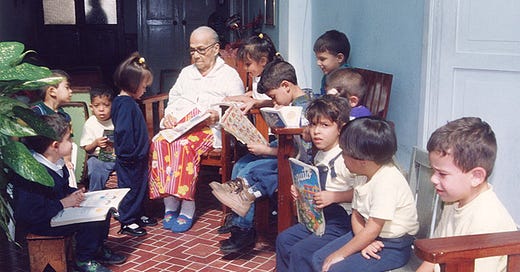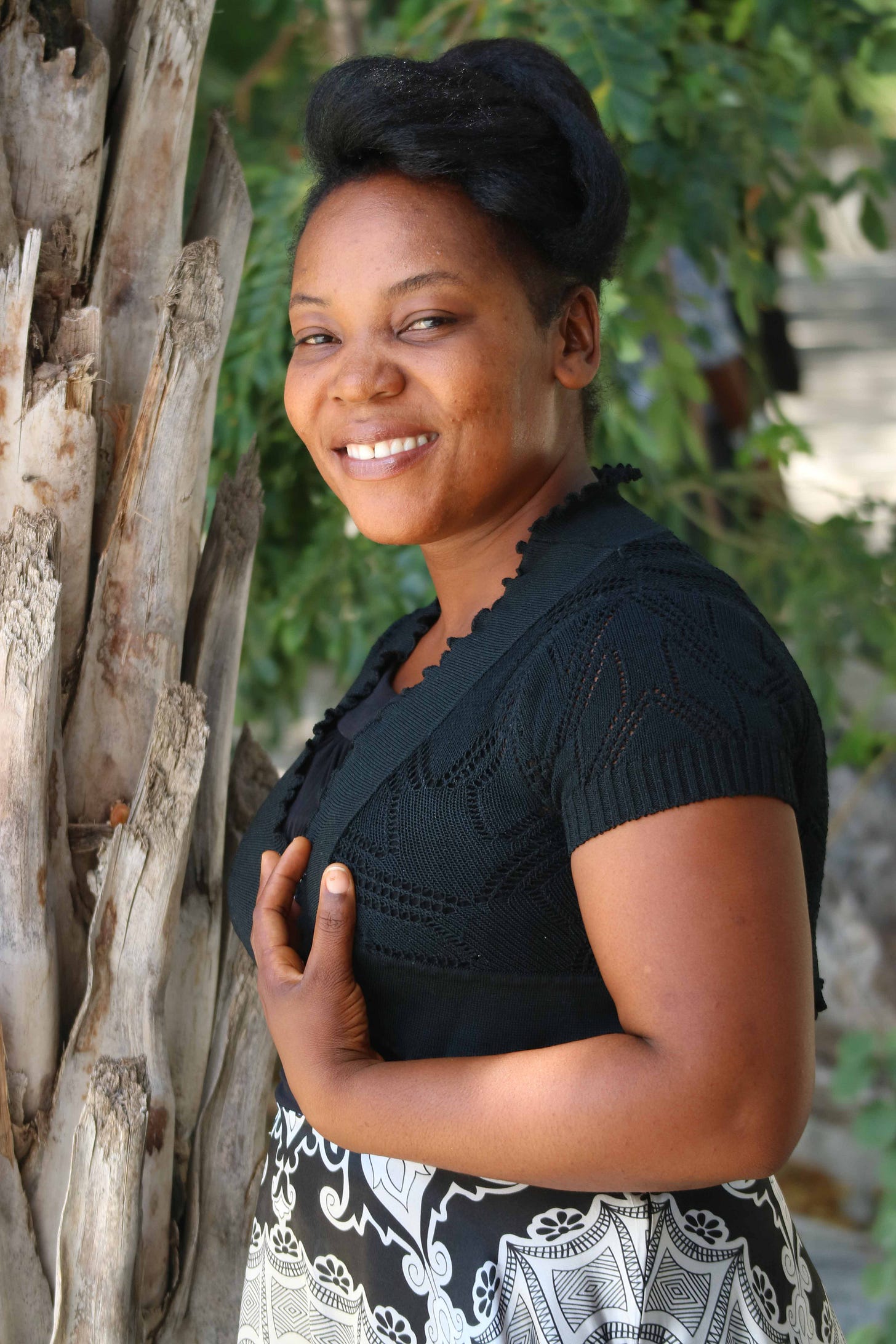Field Guide Vol. 266
Last week was Teacher Appreciation Week in the United States, highlighting the importance of educators nationwide and the vital role teachers play in shaping future generations. This recognition is particularly significant at a time when teachers in the US face increasing hurdles, including funding cuts, political attacks and book bans. These pressures significantly impact what is taught, threatening the fundamental principles of education, discouraging critical thinking and suppressing histories and perspectives.
Around the world, teachers have often been a conduit to new ideas and powerful concepts. In other places, education systems have reinforced powerful dynamics and sought to suppress alternative ideas. In this week’s Field Guide, we’re turning our attention to teachers—the challenges they face, their accomplishments and their crucial role in communities—leading with first person narratives from teachers and educators from across our print guides.
Field Guide examines how different cultures play with the same concepts—from voting and water access to movie-making and whiskey. Field Guide is for paid subscribers—thank you for your support!
We rely on our paid subscribers to do this work. Not yet a member? Upgrade today and help us continue to publish great journalism from around the world.
Did you know?
The world is facing a significant teacher shortage. UNESCO’s “Global report on teachers” was published in February 2024 and reveals a dire need for 44 million primary and secondary teachers worldwide by 2030.
The report is written to mobilize international and country-specific efforts that strengthen the teaching profession and support educators. It shows attrition rates among primary teachers have nearly doubled from 4.62 percent globally in 2015 to 9.06 in 2022, with teachers often leaving the profession within their initial five years.
***
First Person Narratives: Teacher Stories
Violette Volcy
Fourth grade teacher, Gonawes, Haiti
It wasn't my first choice to become a teacher; it happened over time. I had a big brother who used to teach in our school nearby, but he found another job, he couldn't just leave the classroom and his students in the middle of the year with no one to take over, so he asked me to help. I basically became the full-time substitute in his place.
After I finished my secondary school studies, I actually decided to study it full time, and so I was accepted into a teacher's college in Hinche. I earned a certificate in the profession and continued to teach ever since.
…
Education serves as a foundation, one of the things we can really leave as a legacy. If I were to leave land for my son, or a castle, or a big house, anyone can come and take them. If you don't deserve it, they can take it. They can take any possessions, but they can't take knowledge. When he has his own family, he can orient them as well. Because I started the steps forward, he will continue it based on what I was able to give him in terms of education. New innovations are coming, new things are developing. I want him to be part of that.
Keep reading with a 7-day free trial
Subscribe to Stranger's Guide to keep reading this post and get 7 days of free access to the full post archives.




